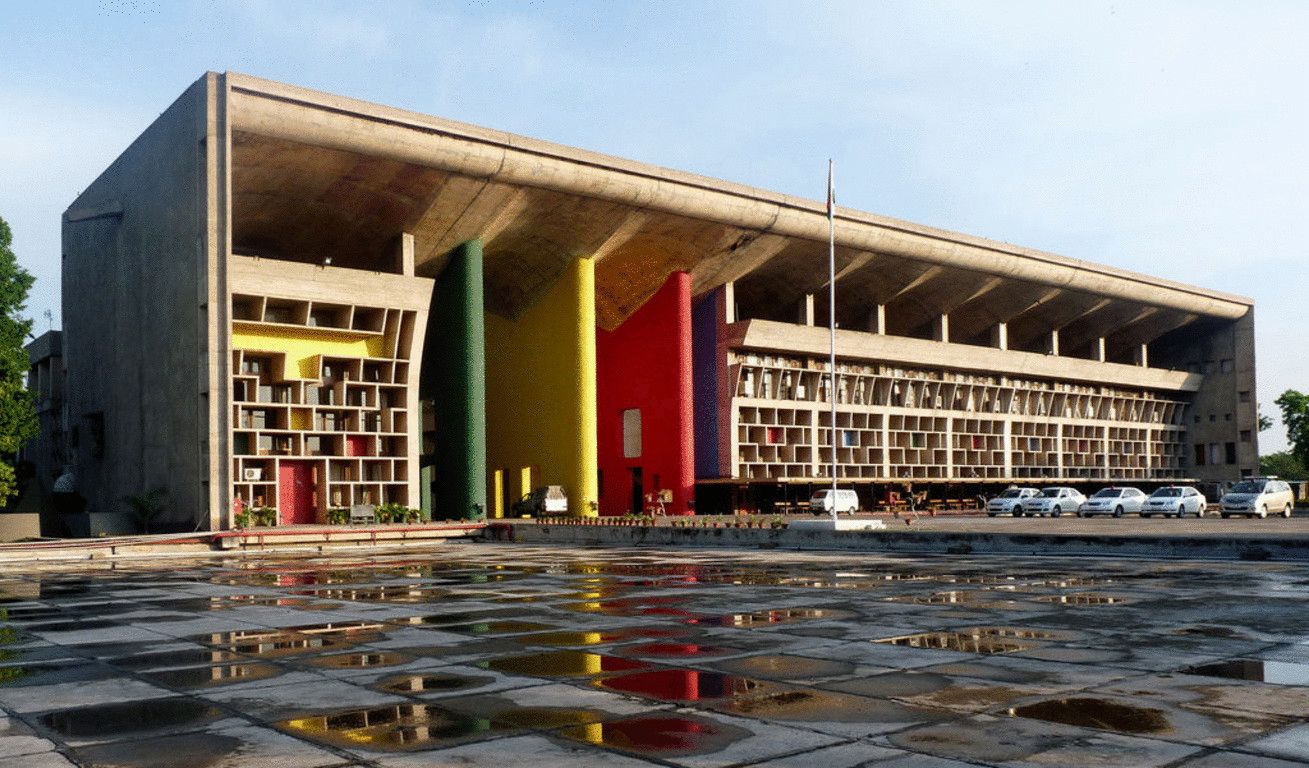Punjab & Haryana High Court Dismisses Tenant’s Appeal, Holds Gair Marusi Entry Loses Significance After Partition of Joint Property

Case Name: Mohinder Singh v. Baru and Others
Date of Judgment: January 6, 2015
Citation: RSA No. 2587 of 2011 (O&M)
Bench: Hon’ble Mr. Justice Arun Palli
Held: The Punjab & Haryana High Court dismissed a second appeal filed by a claimant asserting tenancy rights over ancestral land, holding that entries showing him as a gair marusi (tenant-at-will) ceased to have legal effect after partition of the joint property. Justice Arun Palli ruled that once co-sharers have partitioned land and obtained exclusive possession, earlier entries showing tenancy for recording convenience lose significance. The Court further observed that entries made to depict cultivation possession among family members are not conclusive proof of tenancy, particularly when no rent is paid and the claimant himself acknowledges ownership within the family.
Summary: The appellant, Mohinder Singh, filed a suit seeking a declaration that he was in lawful possession of 9 kanals 11 marlas of land as a gair marusi tenant and for restoration of earlier revenue entries showing him as such. He claimed possession for over 25 years through his father, Kanshi Ram, asserting that his tenancy continued uninterrupted. The defendants, however, contended that Kanshi Ram and his brothers Jewan and Kishan Singh were joint owners of the property, and after their deaths, their respective shares were inherited by their legal heirs, including the plaintiff himself. Revenue records, including jamabandies for 1988-89 and 1998-99, showed that partition had been effected and mutation duly sanctioned, confirming ownership of individual co-sharers.
The trial court and the first appellate court both rejected the claim, holding that the entries showing tenancy were misleading and had only been made to indicate cultivation possession before partition. The courts noted that there was no rent payment, nor any independent evidence of tenancy, and that the earlier injunction decree of 1978 relied upon by the plaintiff was not binding on the present defendants, as they were not parties to that suit.
Justice Arun Palli upheld these concurrent findings, emphasizing that no sub-tenancy can exist under a tenant-at-will and that gair marusi entries lose relevance after partition. The Court also observed that the suit was time-barred, as the plaintiff admitted knowledge of the revenue entries in 1989 but filed the suit only in 2002.
Decision: The High Court dismissed the regular second appeal, holding that the plaintiff failed to establish any tenancy rights and that the concurrent findings of the lower courts were based on proper appreciation of evidence. It concluded that no substantial question of law arose for consideration and affirmed the dismissal of the suit.